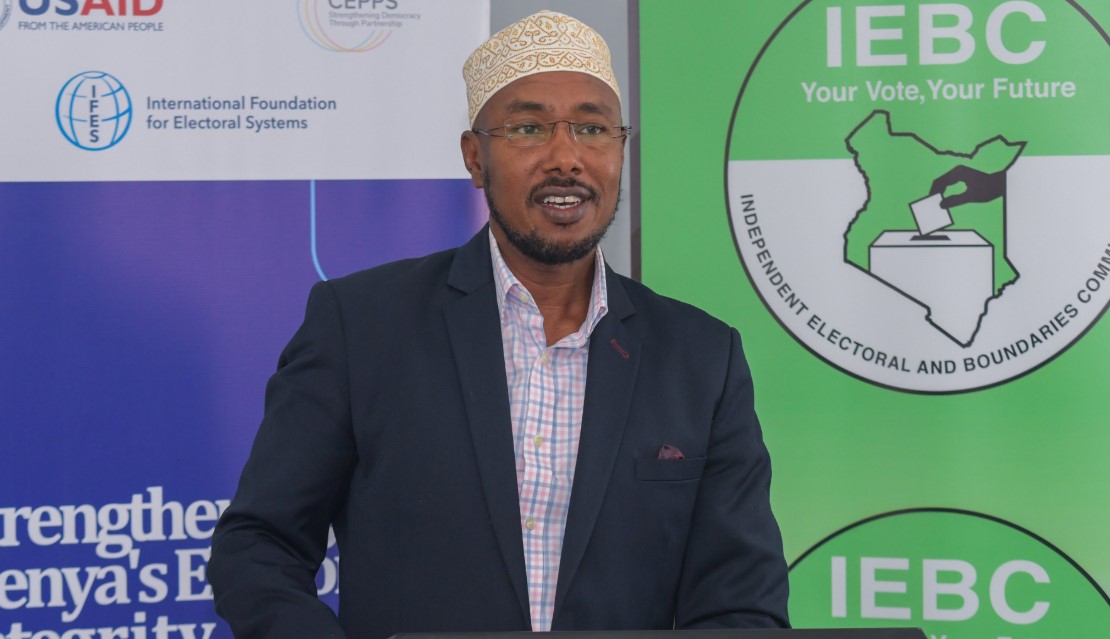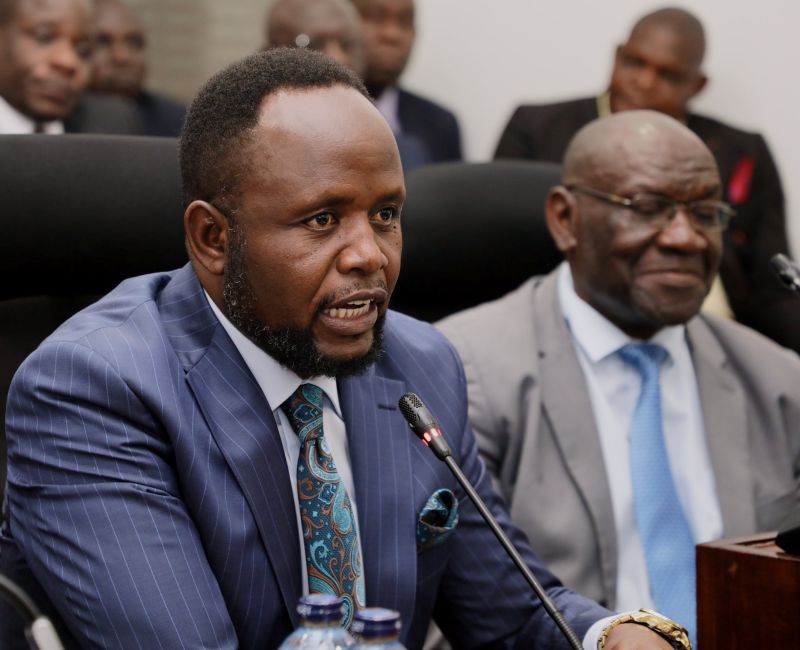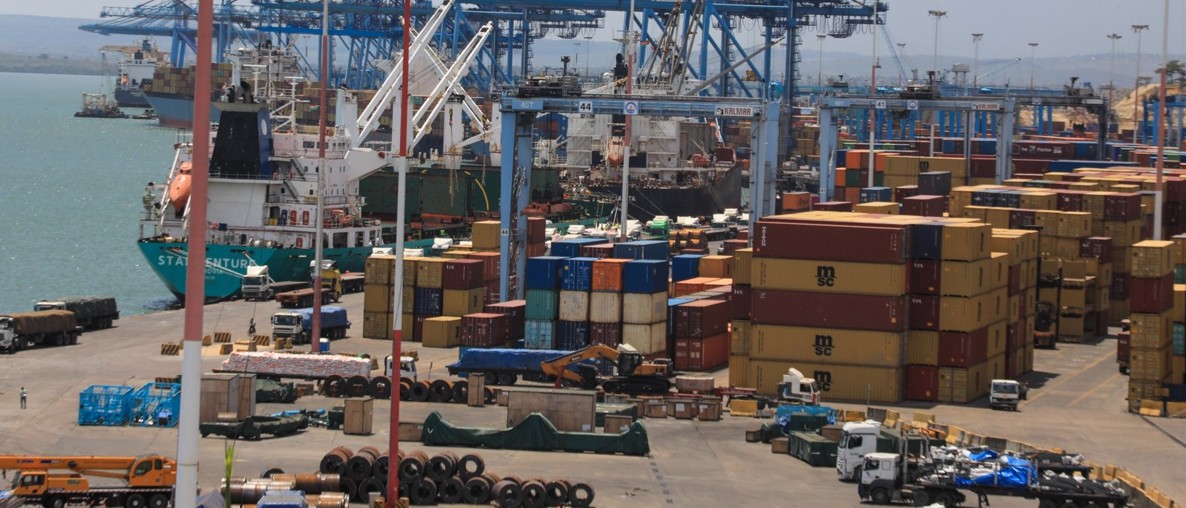IEBC stares at constitutional crisis as boundaries review deadline overdue

A High Court ruling has suspended the transmission of the list of new commissioners nominated by the IEBC Selection Panel to President William Ruto for approval.
The Independent Electoral and Boundaries Commission (IEBC) is facing a constitutional crisis as it struggles to meet the looming deadline for the review of constituency and ward boundaries, with the absence of key commissioners threatening to derail the process.
The deadline for the delimitation of boundaries has already passed, and the review, which was due by March 2024, remains unaddressed.
More To Read
- High Court petition challenges IEBC’s role in legal profession elections
- IEBC warns low voter registration, apathy could undermine future elections
- IEBC warns boundary review may spark community, religious and class tensions
- Court to hear petition challenging eligibility of Embu North MP Leo Wa Muthende
- Voters challenge Mbeere North MP Wamuthende’s victory over electoral name discrepancy
- IEBC blames police officers for by-election violence, maintains poll largely successful
Speaking before the National Assembly's Petitions Committee on Thursday, IEBC Chief Executive Officer Marjan Hussein Marjan revealed that the commission has formally sought an advisory opinion from the Supreme Court.
The inquiry asks whether the boundary review process can proceed without a full panel of commissioners and whether the constitutional deadlines for the review can be extended.
Article 89(2) of the Constitution mandates that the IEBC review the names and boundaries of constituencies at intervals of not less than eight years and no more than 12 years.
The last review was conducted in 2012, making the current process long overdue.
However, the IEBC's ability to fulfil this mandate has been hampered by a critical leadership vacuum following the expiry of commissioners' tenures and the removal of others.
The commission has been without a full set of commissioners since January 2023, when the terms of former chairman Wafula Chebukati, alongside commissioners Boya Molu and Abdi Guliye, ended.
Four other commissioners – Juliana Cherera, Francis Wanderi, Justus Nyang'aya, and Irene Masit – were removed from office following their dissent against the 2022 presidential election results, which declared President William Ruto the winner.
Potential legal challenges
Marjan explained that the Attorney General had advised against proceeding with the boundary delimitation without the required commissioners in place, citing potential legal challenges and risks to political stability and electoral integrity.
The Attorney General's warning has led the IEBC to petition the Supreme Court for clarification on several key issues.
"We seek the Supreme Court's guidance on whether the commission can undertake the delimitation process without commissioners, if the review can occur after timelines have lapsed, and whether the constitutional deadlines can be extended," Marjan said.
The CEO further warned that the failure to conduct the review in time could have serious implications for Kenya's electoral process.
"The boundary review must be completed at least one year before the 2027 general elections to ensure proper election mapping," said Marjan.
Other Topics To Read
- National
- IEBC
- wafula chebukati
- Independent Electoral and Boundaries Commission
- IEBC Commissioners
- Delimitation of boundaries
- IEBC Supreme Court
- IEBC Chief Executive Officer Marjan Hussein Marjan
- Constituency boundaries
- IEBC stares at constitutional crisis as boundaries review deadline overdue
- Headlines
Meanwhile, some lawmakers have proposed to extend the boundary delimitation deadline.
Tharaka MP George Murugara, who leads the Justice and Legal Affairs Committee, argued that an extension would ensure fair representation and accommodate unforeseen challenges.
According to the committee's report, such an extension could be made through a resolution passed by a majority of both the National Assembly and the Senate.
Marjan also confirmed that if the Supreme Court permits the IEBC to proceed with the boundary review, it would aim to complete the process at least one year before the 2027 elections.
No new constituencies
However, he clarified that the commission would not alter the total number of constituencies, which remains at 290.
The focus, instead, would be on renaming or reorganising constituencies and potentially adjusting the number and names of the 1,450 wards.
The issue is further complicated by ongoing legal challenges surrounding the reconstitution of the IEBC.
A High Court ruling has suspended the transmission of the list of new commissioners nominated by the IEBC Selection Panel to President William Ruto for approval.
This suspension stems from a case filed by Boniface Njogu, who contends that the nomination process violated constitutional principles of inclusivity, particularly concerning the representation of persons with disabilities in public offices.
The High Court has temporarily barred the Senate clerk from forwarding the nominees for further approval until a judicial review is completed.
The uncertainty surrounding the leadership of the IEBC and the delayed boundary review process has sparked concerns about the commission's ability to meet its constitutional obligations and ensure fair elections.
Several lawmakers, including Thika Town MP Alice Ng'ang'a, have introduced proposals aimed at protecting certain constituencies from being merged or altered during the boundary review.
Ng'ang'a's proposal seeks to amend Article 89 of the Constitution to safeguard 26 constituencies that were previously protected in the first review, ensuring they are not merged with others when the second review occurs.
Top Stories Today















































